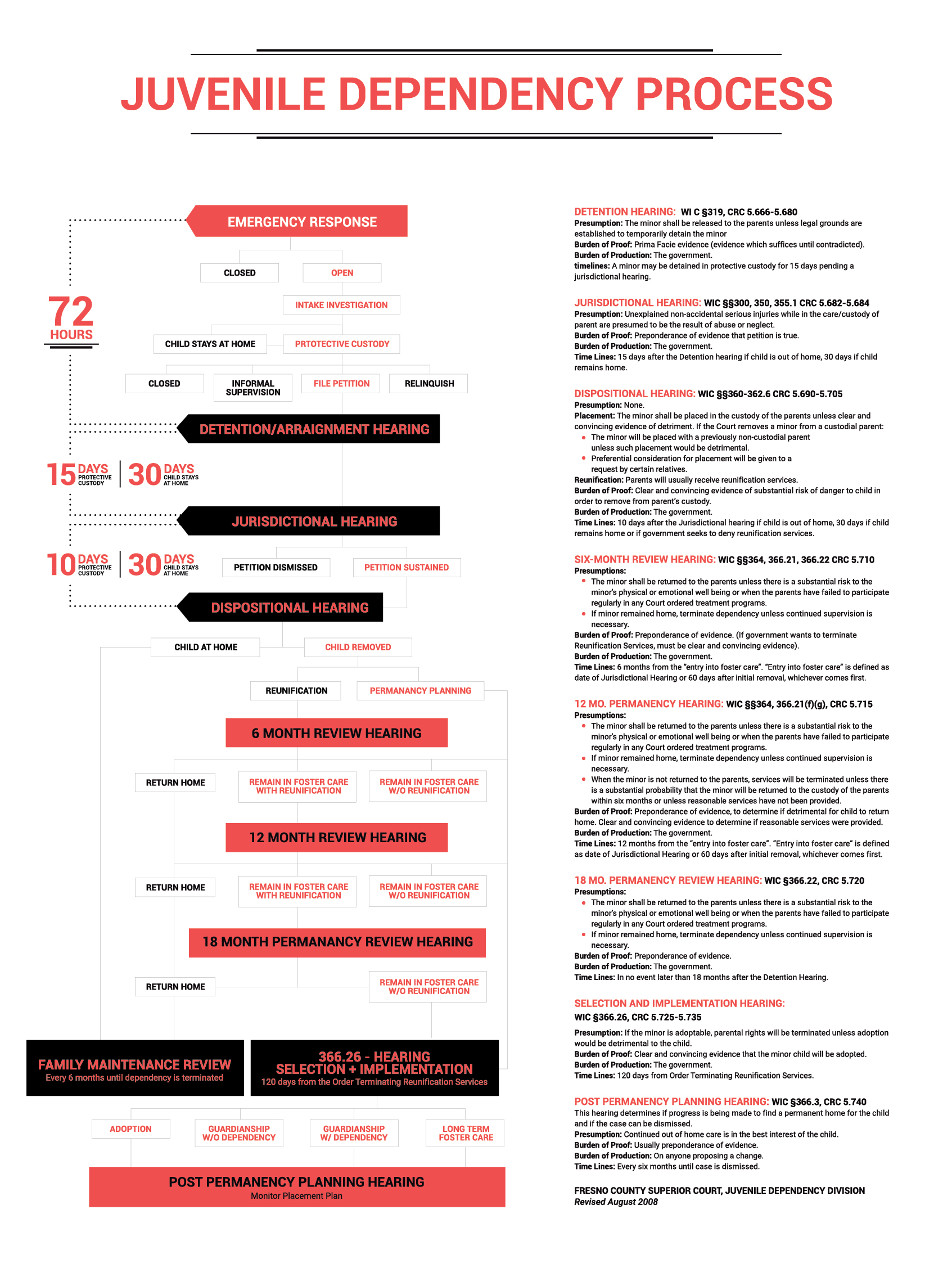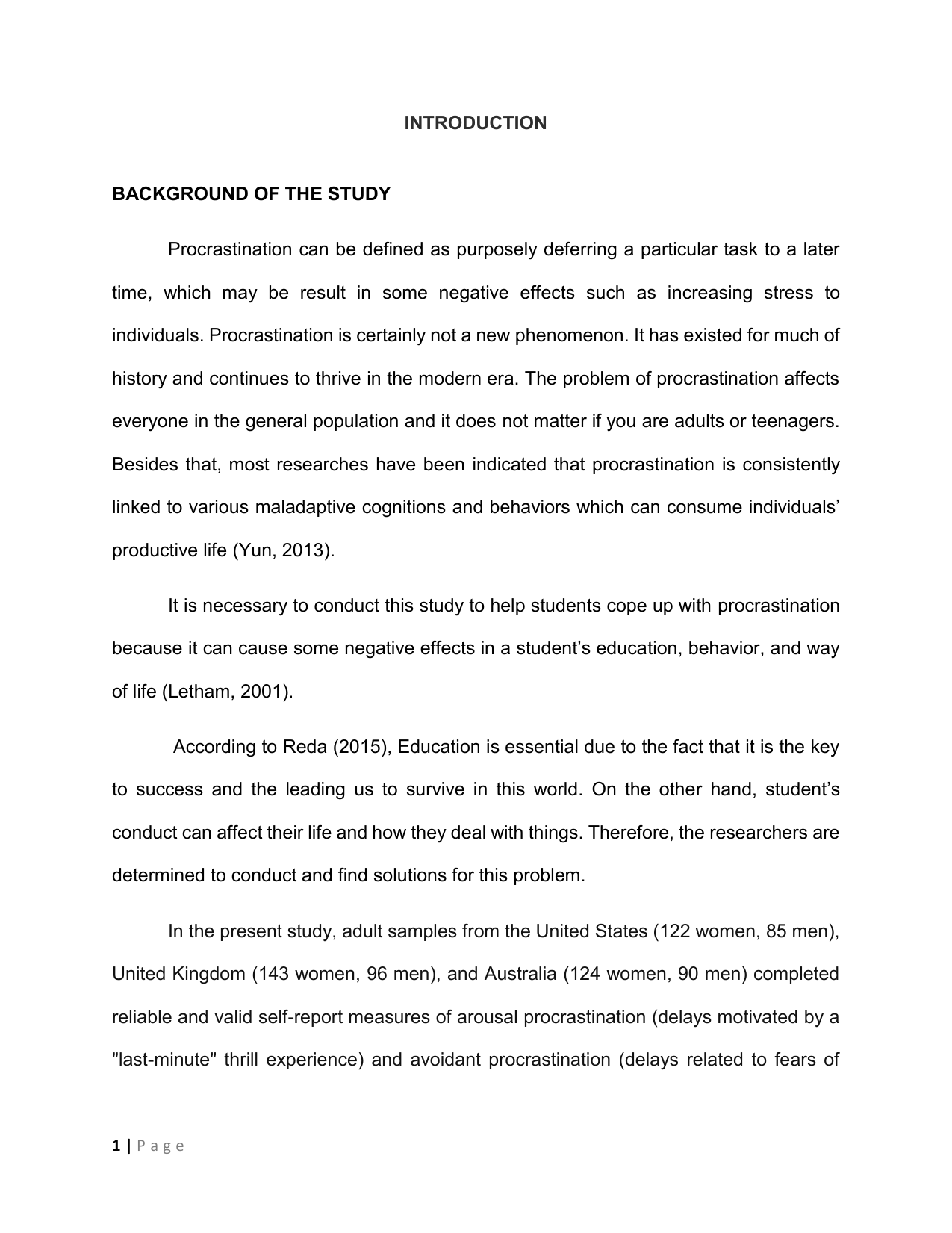How Procrastination, Emotional Dependency, and Impostor Syndrome Impact Your Life
How Procrastination, Emotional Dependency, and Impostor Syndrome Impact Your Life
Blog Article
In today's fast-paced world, people often face internal obstacles that hinder their success. Among these, procrastination, emotional dependency, and impostor syndrome stand out as common issues. What can you do to break free from these patterns?
In this guide, we will dive into the causes and solutions these three challenges. By understanding their impact and learning how to tackle them, you can build a healthier mindset and achieve your goals.
Understanding Procrastination and Its Impact
Procrastination is the act of delaying tasks even when you are aware of the consequences. It often stems from fear of failure, lack of motivation, or poor time management.

The effects of procrastination, can be far-reaching. Overcoming procrastination requires practicing self-discipline and creating actionable plans. dependência emocional é uma doença Consider techniques like como deixar de ter dependencia emocional the Pomodoro Technique or focusing on time-bound goals to stay on track.
The Nature of Emotional Dependency
Emotional dependency is a state where a person depends excessively on external relationships to fulfill their emotional needs. Although relationships are fundamental, emotional dependency turns detrimental when self-esteem is tied solely to others’ approval.

Symptoms often include a fear of rejection, difficulty making decisions independently, and an overwhelming need for reassurance. Breaking free from this pattern, it’s crucial to develop self-awareness and learn to validate yourself internally. Therapy, mindfulness practices, and journaling can be helpful tools.
Recognizing and Managing Impostor Syndrome
Impostor syndrome is the persistent belief where someone feels like a fraud despite evident success. Those affected often attribute their achievements to luck rather than skill or effort.

Impostor syndrome often results in anxiety, self-doubt, and a fear of being “exposed”. To overcome impostor syndrome involves reframing negative thoughts and celebrating accomplishments. Seeking feedback from trusted peers and setting realistic expectations can also help you build confidence.
How to Address These Challenges?
To navigate these issues, consider the following strategies:
- Develop structured daily plans and break larger tasks into smaller milestones.
- Build self-awareness to identify patterns of emotional dependency and work towards independence.
- Practice gratitude to counter impostor syndrome and seek professional guidance if needed.
Long-term improvement requires persistence, so keep practicing these methods to see positive changes.
Conclusion: Taking the First Step
These challenges can feel overwhelming, but they are manageable with the right strategies. By understanding their roots and applying effective techniques, you pave the way for a healthier, more fulfilling life.
Take the first step by acknowledging where you stand and implementing small but meaningful changes. Always keep in mind: progress is a journey, not a destination.
Report this page